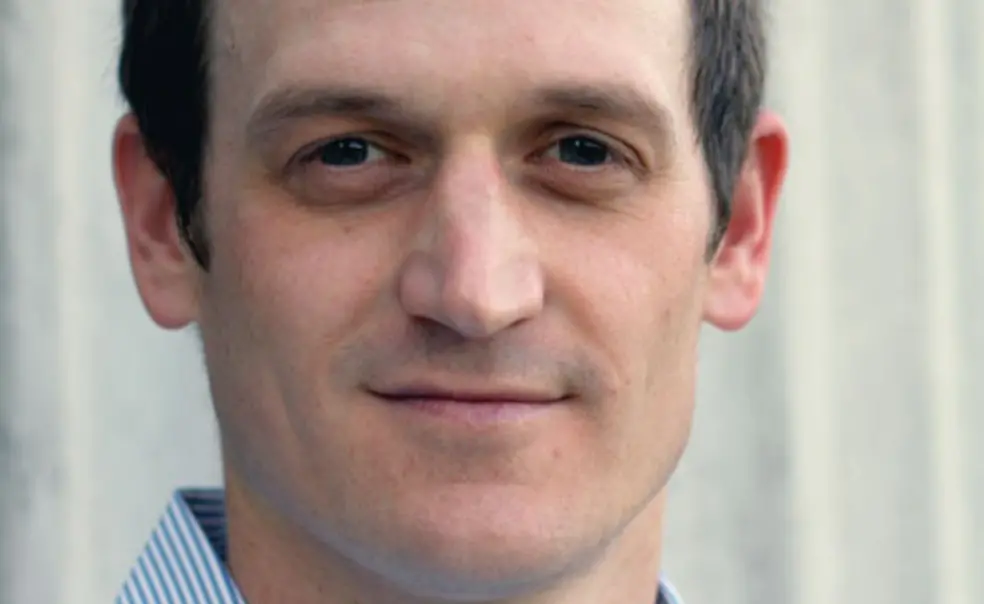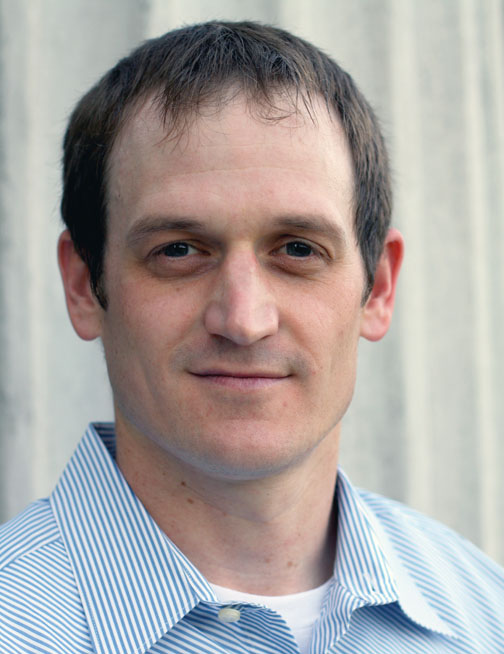In Brief
Forty-eight hours after a massive earthquake struck Haiti, several hundred members of the Princeton community attended a solemn candlelight VIGIL FOR HAITI Jan. 14 in the University Chapel. In the face of “suffering and loss beyond comprehension,” Dean of Religious Life Alison Boden said, the gathering prayed for “safety, solace, rescue, and restoration” and to “kindle the flames of hope that no catastrophe can extinguish.” Julus Charles, a native of Haiti who works as a sous chef for Princeton’s Dining Services, expressed gratitude for support from the University and for U.S. relief efforts. “We are a deeply spiritual people in Haiti,” Charles said. “We are going to survive this ... and be a stronger nation.”
Phoebe Rusch ’11, who is taking time off from her studies, arrived in Port-au-Prince Jan. 11 but was unharmed in the earthquake, according to University spokeswoman Cass Cliatt ’96. The University said that no currently enrolled students were in Haiti at the time. About 90 to 100 Princeton staff members have families in Haiti, Cliatt said.
ADMISSION APPLICATIONS jumped 19 percent, with a record 26,166 students competing for 1,300 slots in the Class of 2014. Dean of Admission Janet Rapelye noted growth in applications from the West, the South, and from other countries. Men and women were represented equally in the pool, and 74 percent of the applicants said they intended to seek financial aid. Noting current economic challenges facing families, Rapelye said, “It appears our financial-aid message is reaching more students than in the past.”
For the first time, Princeton gave applicants the option to submit their top three SAT scores and to submit two SAT subject tests instead of three — efforts to encourage a broader pool of applicants. While her office’s operating budget and staff were reduced this year, Rapelye said, there was more group travel and more contact with high school juniors. Applications for admission have increased 91 percent in the last six years, she said.
The Undergraduate Student Government recommended Jan. 7 that the University continue its policy against ARMING PUBLIC-SAFETY OFFICERS, citing a survey in which 56 percent of students said they opposed allowing officers to carry guns. Jim Lanzi, the University’s crime-prevention coordinator and a board member of the local Fraternal Order of Police union, said he was disappointed in the action and said the survey was “flawed.” University officials have said they are confident in the ability of borough and township police departments to provide an armed response if one is needed.
HEARD ON CAMPUS “ The U.S. and Yemeni governments are, whether they realize it or not, involved in a propaganda war against al-Qaida in Yemen. And they’re losing, and losing quite badly. ”
Gregory Johnsen, a Ph.D. candidate in Near Eastern studies and former Fulbright fellow in Yemen, in a Jan. 13 talk in Dodds Auditorium. Johnsen joined former U.S. Ambassador to Yemen Barbara Bodine, a diplomat-in-residence at the Woodrow Wilson School, to discuss counterterrorism and economic assistance in Yemen.












1 Response
Lynn Hogben ’77
10 Years AgoMissing an early option
The Feb. 3 Notebook story on admission applications states that 74 percent of Princeton applicants are seeking financial aid and attributes this high percentage to the economy and to “our financial-aid message ... reaching more students than in the past.” There is probably another reason — adverse selection due to the absence of an early-decision or early-action option. As any parent or student who has been through the college admission process recently knows, many (if not most) intelligent and mature students prefer to have the peace of mind of knowing in December that they are going to the college where they feel they will be happiest. Princeton is almost unique in not offering this option. Therefore, unless Princeton’s financial-aid package is important to a student and gives the student a reason to prefer Princeton over other alternatives, the student is more likely to look at and choose other high-quality universities or liberal arts colleges.
It is wonderful that Princeton has a no-loan financial-aid policy. It may well be that Princeton has too many applicants to be able to offer early decision or early action. But the absence of an early-decision/early-action option does alter the composition of the applicant pool and does cost Princeton high-quality students who are not dependent on financial aid. Fortunately, other high-quality colleges (such as Amherst, Pomona, and Williams) are following Princeton’s lead and adopting no-loan policies, but without eliminating early decision.